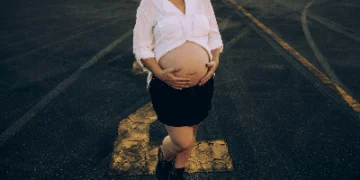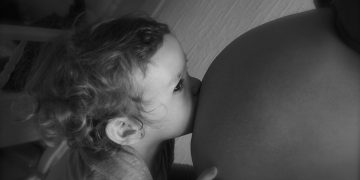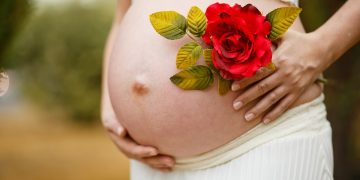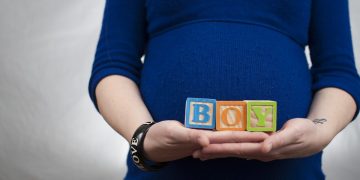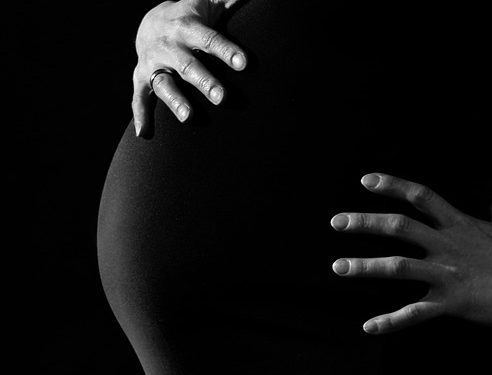The journey of fetal development is truly a miraculous and wondrous process. From the moment of conception to the moment of birth, a tiny embryo grows and transforms into a fully formed human being. In this article, we will explore the stages of fetal development, from conception to birth, and marvel at the intricate processes that occur within the womb.
A Journey Through Fetal Development
The journey of fetal development from conception to birth is truly a miraculous process that never ceases to amaze us. Let’s delve into the intricate stages of development that a fetus undergoes during the nine months of pregnancy.
Conception:
The journey of fetal development begins with the moment of conception. When a sperm fertilizes an egg, a unique set of genetic material is formed, creating a new life. The fertilized egg, known as a zygote, then begins to divide and multiply rapidly as it travels down the fallopian tube towards the uterus. This journey takes about three to four days, during which time the zygote transforms into a blastocyst.
Implantation:
Once the blastocyst reaches the uterus, it must implant itself into the uterine wall in order to continue developing. This process, known as implantation, occurs around six to seven days after fertilization. The blastocyst burrows into the endometrium, where it will receive nourishment and support for the remainder of the pregnancy.
Embryonic Stage:
After implantation, the blastocyst is officially considered an embryo. This stage of fetal development lasts from week 3 to week 8 after fertilization. During this time, the embryo undergoes rapid growth and differentiation, with the formation of major organs and structures. The heart begins beating, the brain begins to develop, and limbs start to form.
Fetal Stage:
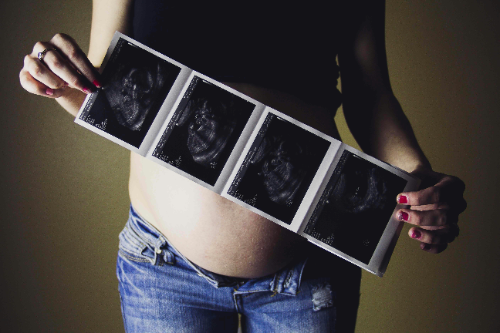
Around week 9 of development, the embryo transitions into the fetal stage. This stage lasts from week 9 until birth, and is characterized by continued growth and maturation of organs and systems. By the end of the first trimester, the fetus has developed all major organs and structures, and is about the size of a lime.
Second Trimester:
The second trimester of pregnancy is a period of rapid growth and development for the fetus. By the end of the fourth month, the fetus is able to suck its thumb and make facial expressions. In the fifth month, the mother may begin to feel movement, known as quickening. By the end of the sixth month, the fetus is about the size of a large mango and can hear sounds from outside the womb.
Third Trimester:
The final trimester of pregnancy is a time of preparation for the birth of the baby. The fetus continues to grow and gain weight, and the organs mature further. By the end of the ninth month, the fetus is ready to be born, with fully developed lungs, brain, and other vital organs.
Labor and Birth:
Labor is the process by which the fetus is expelled from the uterus and delivered into the outside world. The onset of labor is typically marked by contractions of the uterine muscles, which help to push the baby through the birth canal. The baby is born when the head emerges first, followed by the rest of the body. The umbilical cord is then cut, and the baby takes its first breath of air.
Developmental Milestones:
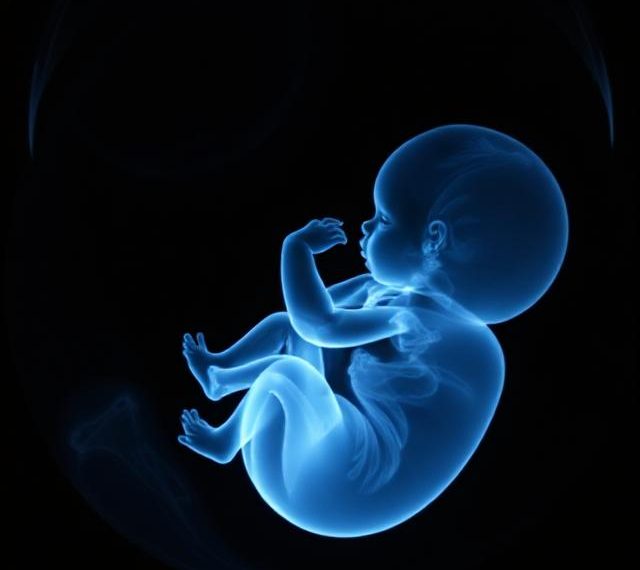
– Week 4: The neural tube, which will later become the brain and spinal cord, begins to form.
– Week 8: The embryo is now considered a fetus, with all major organs and structures in place.
– Week 12: The fetus can suck its thumb and make facial expressions.
– Week 20: The fetus can hear sounds from outside the womb and may startle in response.
– Week 32: The fetus has fully developed lungs and can survive outside the womb with medical assistance.
Prenatal Care:
Prenatal care is essential for ensuring the health and well-being of both the mother and the fetus during pregnancy. This includes regular check-ups with a healthcare provider, prenatal vitamins, a healthy diet, and avoiding harmful substances such as alcohol and tobacco. Prenatal care helps to monitor the progress of the pregnancy, detect any potential issues early on, and provide support and guidance for the mother.
Final Thought
The journey of fetal development is a remarkable and intricate process, full of wonder and awe. From the moment of conception to the moment of birth, a tiny embryo grows and transforms into a fully formed human being. It is a journey that is both universal and unique, as each individual life is a miracle in its own right. We hope that this article has provided valuable insight into the miracle of life and the incredible journey of fetal development.

